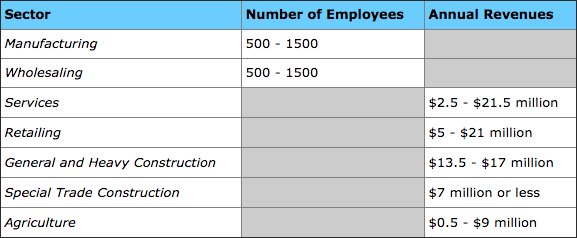Delaware Group Pulls Out of US Chamber Over Claim That Export-Import Bank Helps ‘Small’ Businesses
Melissa Quinn /
The founder of a chamber of commerce for small businesses is pushing back against claims from the U.S. Chamber of Commerce that the Export-Import Bank helps small businesses—one of the main points supporters of the government agency make.
In an interview with The Daily Signal, Bob Older, founder and chief executive of the Delaware Small Business Chamber of Commerce, said he’s canceled his organization’s membership with the U.S. Chamber of Commerce.
“It goes against my belief of small business and who we are as a small business company and who small businesses are and what we as local, state, federal people should be doing for true small businesses,” he said.
Older said he’s received letters from the U.S. Chamber calling for support of the Export-Import Bank because of the help it provides for small businesses. But for Older, whose organization boasts nearly 300 member businesses with under 50 employees, such claims are “misleading.”
“When somebody sits there and says we’re here to support small and medium businesses, and the definition of small business is up to 1,000 employees, they’re not being honest in their numbers and they’re not being honest in their statements,” he said. “That’s not a small business, and you’ve eliminated all the small businesses that need it.”
The Export-Import Bank’s website states that it adheres to the Small Business Administration’s definition of a small business. However, its definition is much broader than SBAs. In the manufacturing and wholesale sectors, a company can have up to between 500 and 1,500 employees to qualify as a “small business.” Other sectors, such as construction and agriculture, can have annual revenues of up to $21.5 million.
Meanwhile, the Delaware Small Business Chamber of Commerce focuses on businesses that have less than 50 employees.
>>> Does the Export-Import Bank Really Create Jobs?
“[The U.S. Chamber] sits there and they say, ‘Oh my gosh, this is going to help small business, it’s great for small business. It’s going to lose 100,000 small business jobs, blah, blah blah,’ and I don’t see one small business job being affected,” Older said. “I see a lot of medium and large business jobs, potentially, but I don’t see any small business jobs.”
“I don’t see one small business job being affected. I see a lot of medium and large business jobs, potentially, but I don’t see any small business jobs,” said Bob Older.
In addition to founding the Delaware Small Business Chamber, Older owns a travel agency with just one employee.
The Delaware Small Business Chamber of Commerce was a member of the U.S. Chamber of Commerce, which for an annual fee gives member chambers access to a variety of resources, discounts and connections. However, Older has become frustrated by the U.S. Chamber’s continued calls for support of causes—like Ex-Im and tax inversion—that claim to help “small businesses,” but benefit companies boasting more than 100 employees.
Businesses with that many employees, he said, aren’t what Americans consider to be “small.”
The U.S. Chamber of Commerce did not return The Daily Signal’s request for comment.
Older also surveyed businesses that are members of the Delaware Small Business Chamber and found few benefited from the U.S. Chamber of Commerce’s services.
Many Ex-Im proponents, including the U.S. Chamber of Commerce, argue the bank supports small businesses by helping them compete in the global market and say the majority of the bank’s transactions benefit those businesses. The bank and its supporters also argue 90 percent of its transactions support small businesses.
However, small businesses receive less than 20 percent of Ex-Im’s subsidies in dollars. An investigation by Reuters found that the bank wrongly identified hundreds of large companies and conglomerates as small businesses in internal records.
“I really believe that small business is key to our economy in the nation,” Older said. “I think that they are the backbone of any community and any state, and without them and without resource that are truly out to support that small fraction of business, we’re going to have issues.”

